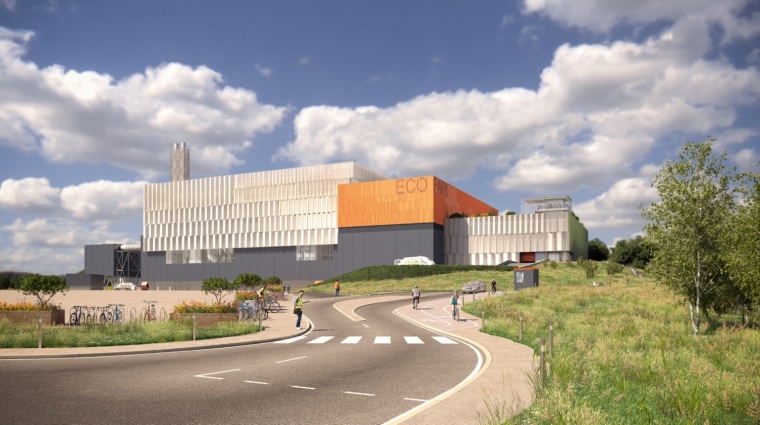The approach to understanding our audience and developing effective initiatives is based on gaining and using behavioural insights in conjunction with on-going stakeholder engagement.
A series of workshops was delivered at the time of preparing this plan, to provide an opportunity for us to engage with individuals and organisations to discuss mutual priorities and ambitions for waste prevention, identify potential future collaborations, and ultimately shape the activity that we will deliver. Stakeholders told us that increasing the amount we invest in community-led initiatives is a priority in conjunction with longer term financial support, which we will deliver through this plan.
The insights from those sessions will be utilised to inform development of a stakeholder engagement strategy. In the short-term, we will update our website and start an electronic newsletter to make it easier to share plans, seek collaborators and community investment opportunities, and promote local waste prevention initiatives. We will reach out to stakeholders when developing each area of this plan. We commissioned an independent piece of behaviour change research with over 1,200 north London residents in preparation for this plan. Those insights will be used to design targeted interventions and campaigns that enable and support people to overcome barriers to waste prevention. We will continue to seek input from stakeholders throughout the life of this plan, when developing new initiatives and seek feedback on interventions delivered.
The plan is designed to support people who want to make a difference, from individuals and community groups to small business and established enterprises, and influence those who may be less aware of the opportunities and benefits of reducing waste. The seven constituent boroughs represent about a quarter of London, and collectively the residents and businesses in the area could have a huge influence on reducing waste. We aim to deliver projects, initiatives, and campaigns with those who are interested in shaping the local environment, cutting costs by making better choices, or providing sustainable offers for customers. To achieve that, we seek collaborators for this plan and welcome ideas for innovations to help tackle the issue of waste in north London.
To ensure NLWA is delivering meaningful work to support waste prevention activities we use data to inform our approach. Annually, NLWA manages the disposal of approximately 820,000 tonnes of refuse and recycling, of which 675,000 tonnes comes from households. A waste composition analysis will be carried out in 2023, which involves a process of physically separating, weighing, and categorising items to determine amounts and types of materials in the waste stream during a defined time. Combining insight from that with on-going current information of what is being disposed of will inform targeted waste prevention initiatives.
The work delivered through the plan is also informed by our links with sector specialists and the working groups NLWA is active in. Collaborating with national and regional bodies and supporting external initiatives locally gives us the ability to test interventions, demonstrate effectiveness and scale up successful trials with the constituent boroughs. We maintain knowledge and draw on research, evidence and learning to stay current on guiding principles. We draw on the collective expert experience of NLWA and constituent boroughs, apply behaviour change methodologies, utilise existing research, and test and evaluate approaches as we develop and deliver our work.
The plan is designed to support, enhance, and amplify the work of the constituent boroughs. Through a collaborative approach between the boroughs and NLWA, delivered through this plan, we are working together to influence waste prevention and will achieve that by delivering initiatives at scale, trialling approaches, sharing learning, and unifying messaging so there are economies of scale and a collective voice representing waste issues in north London.

